Elevate: investing in the next generation
Our new Global Citizenship campaign concentrates the Firm's volunteering and charitable giving efforts on investing in youth through education, empowerment and employability

White & Case’s Global Citizenship initiative is a cornerstone of our Firm, and our 2023 pro bono and charitable work was driven by both passion and purpose. This review tells these stories and demonstrates what we can accomplish by focusing our knowledge and resources on the challenges of our time.
In the United States, our Racial Justice Task Force worked to seal decades-old criminal records for pro bono clients, enabling them to pursue better employment, housing and educational opportunities. Relying on a law that addresses sentencing disparities that disproportionately affect Black people, we secured freedom for individuals who had served lengthy sentences imposed when they were under the age of 25 years. Our externship program with Historically Black Colleges and Universities enabled students to work with us on racial justice pro bono matters.
Across conflict-torn regions, our lawyers advocated for asylum-seekers and other forced migrants. As the war in Ukraine continued, we helped eligible refugees obtain UK visas and began researching critical issues that included how Ukraine will finance its eventual reconstruction.
We also secured critical rights for girls. In the US, we helped end child marriage in three states and collaborated on draft legislation to change the federal laws that enable it. In Kenya, we structured a Development Impact Bond that funds sexual and reproductive health care for teenaged girls.
On the environmental front, our lawyers analyzed the constitutions of every country in the world to help ensure access to clean drinking water and sanitation as a human right. Our work also included designing a debt-for-nature swap in Southeast Asia, which will preserve hundreds of square miles of coral reefs.
We retained our focus on educating and empowering the next generation of legal leaders. Key initiatives included training Kenyan lawyers on developments in arbitration law and expanding our support of the Willem C. Vis International Commercial Arbitration Moot for law students in Africa, Central Asia and Eastern Europe.
Our efforts had tangible benefits for people around the world, and I am immensely proud of what we have accomplished together. Our work continues and evolves, grounded in the belief that the law can be a force for positive transformation on a global scale.
The Firm's first Global Citizenship campaign focuses Firmwide efforts to amplify impact
Our new Global Citizenship campaign concentrates the Firm's volunteering and charitable giving efforts on investing in youth through education, empowerment and employability

Highlights include the expansion of our Racial Justice Task Force and our efforts on behalf of asylum-seekers and refugees
Multipronged effort helps individuals disproportionately affected by our criminal justice system and addresses racial injustice
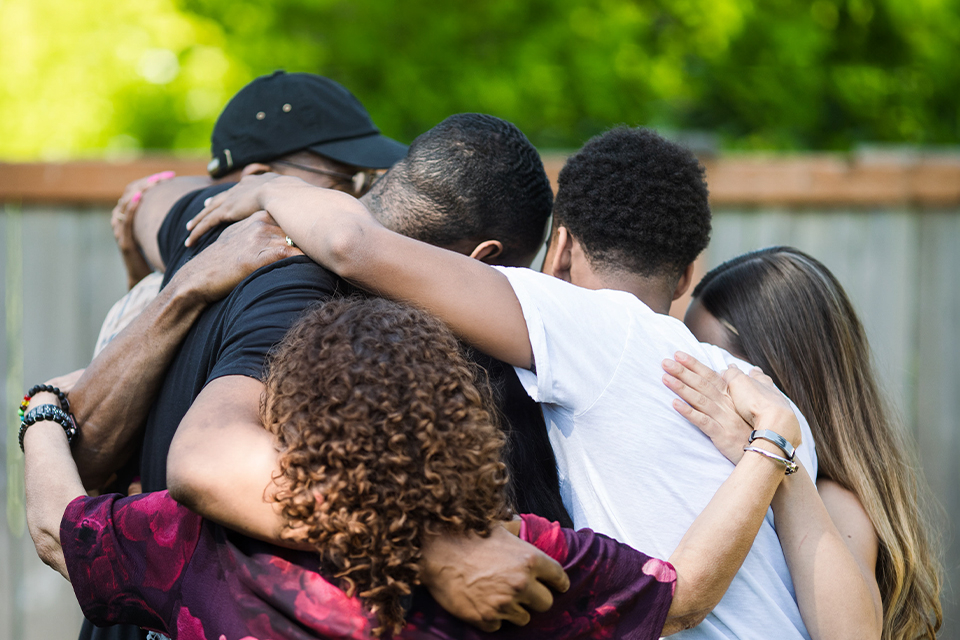
Our work focused on protecting women's rights and providing humanitarian assistance and legal aid for Ukraine
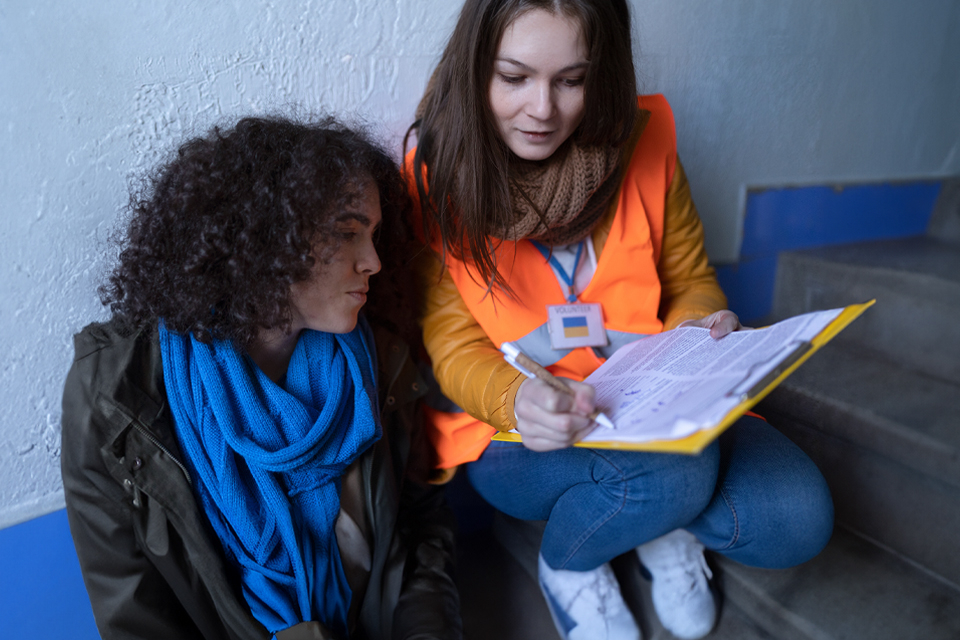
Structuring a Development Impact Bond that enhances reproductive health services for girls in Kenya
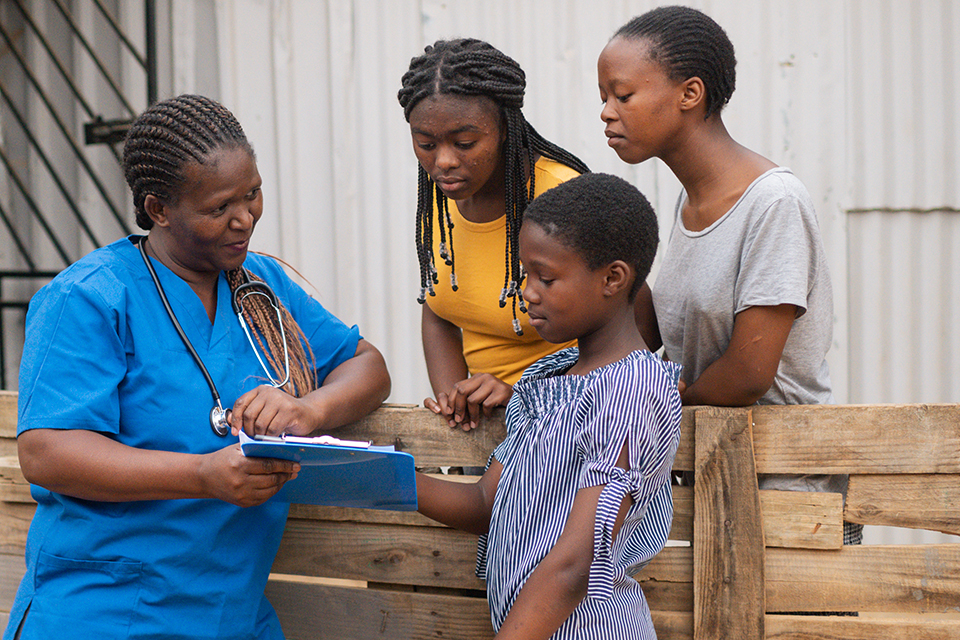
Momentum continues to build as we helped change laws in three more states, bringing the total to ten states
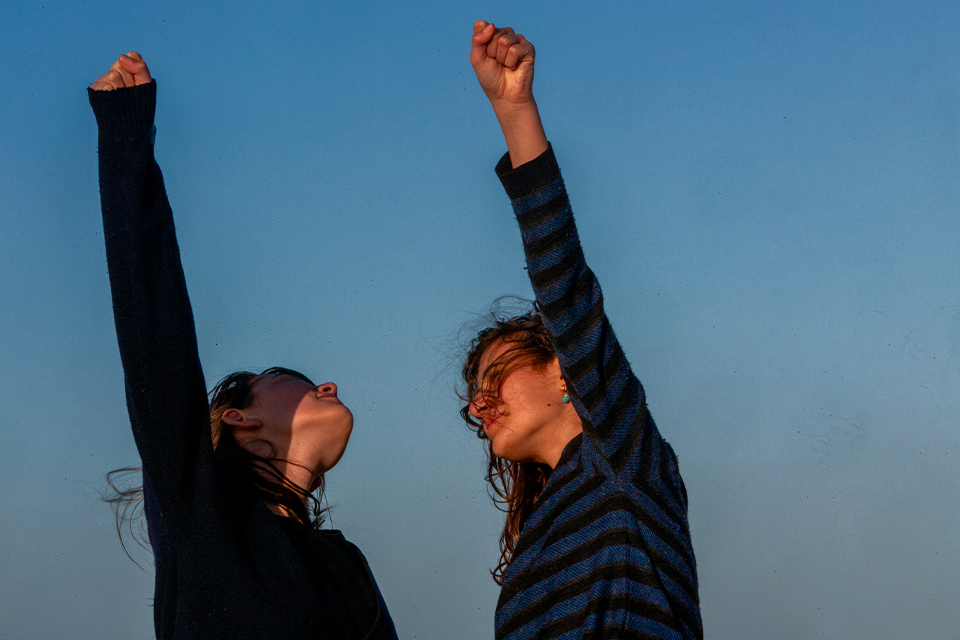
We used our legal skills to safeguard the human right to water and draft an innovative debt-for-nature swap
The Firm's latest debt-for-nature swap was among the first to tap into a newly reauthorized US law
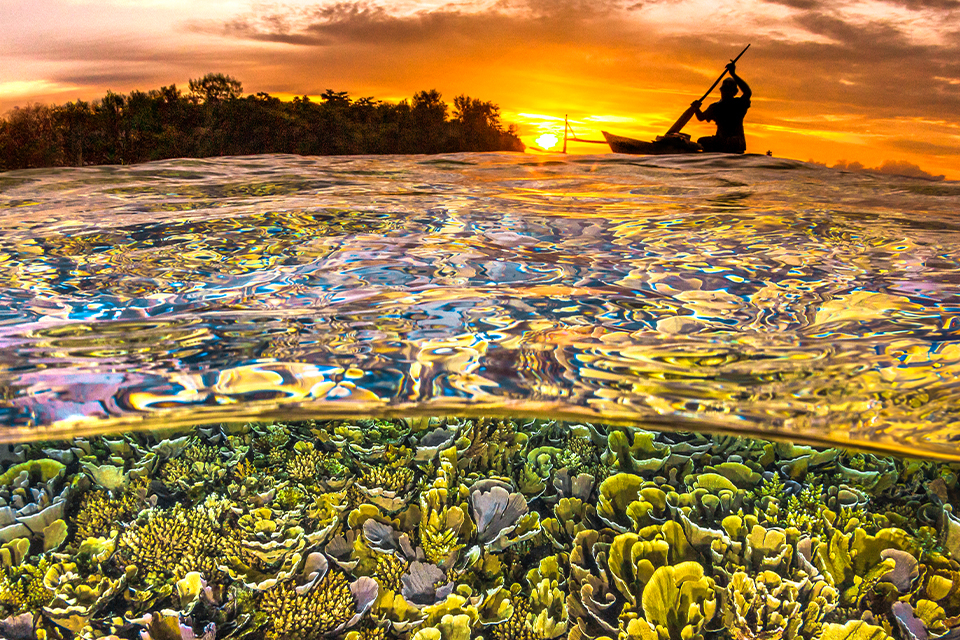
Our legal research for Human Right 2 Water helps push essential needs toward becoming legally protected human rights
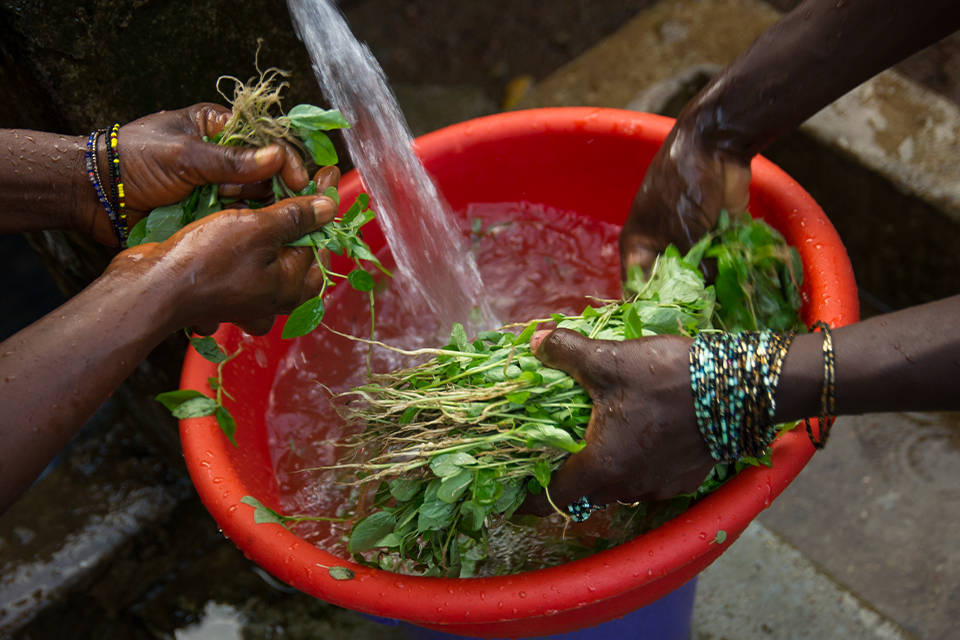
Building legal capacity by training practitioners and future lawyers in developing countries
The Firm expanded its Vis Moot training to students in Central Asia and Eastern Europe
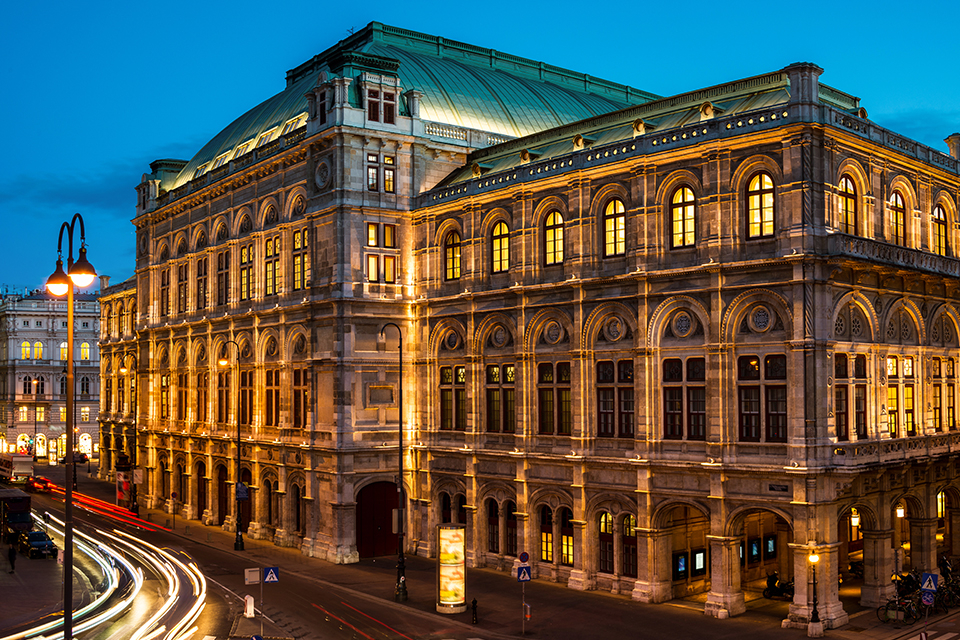
The competition opens doors and shapes careers for many law students around the world
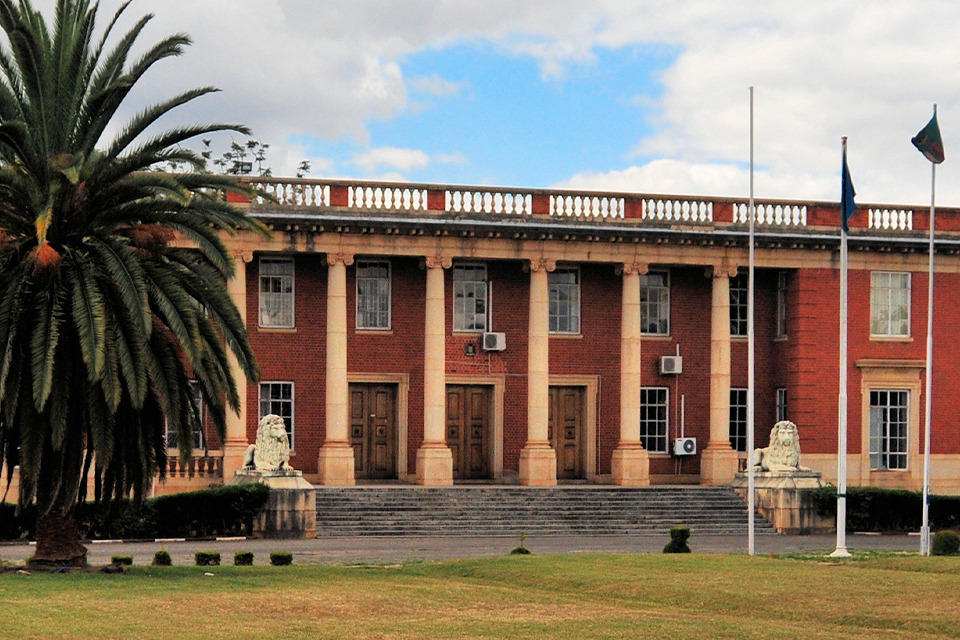
Training programs help Nairobi's push to become a preferred venue for dispute resolution
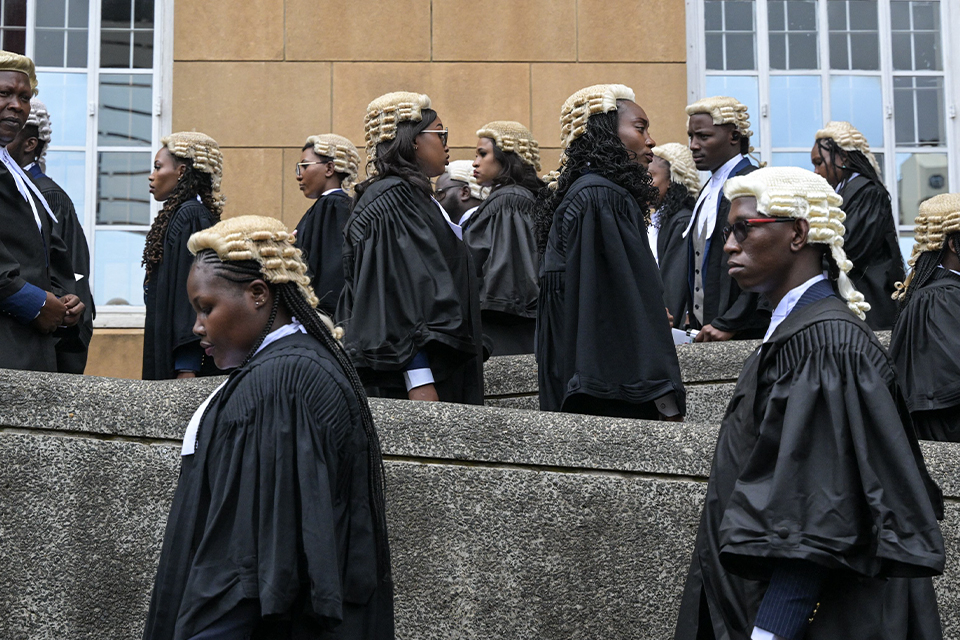
Our work focuses on providing access to justice, serving organizations with a social or environmental mission and promoting the rule of law and good sovereign governance
105,550pro bono hours in 2023
100k+ pro bono hours for the seventh consecutive year
100% of our offices and practices do pro bono work
125+ partners and counsel serve as pro bono leaders
800+ pro bono matters in 2023
Amazon and White & Case raise the bar on pro bono collaborations with four projects in 2023
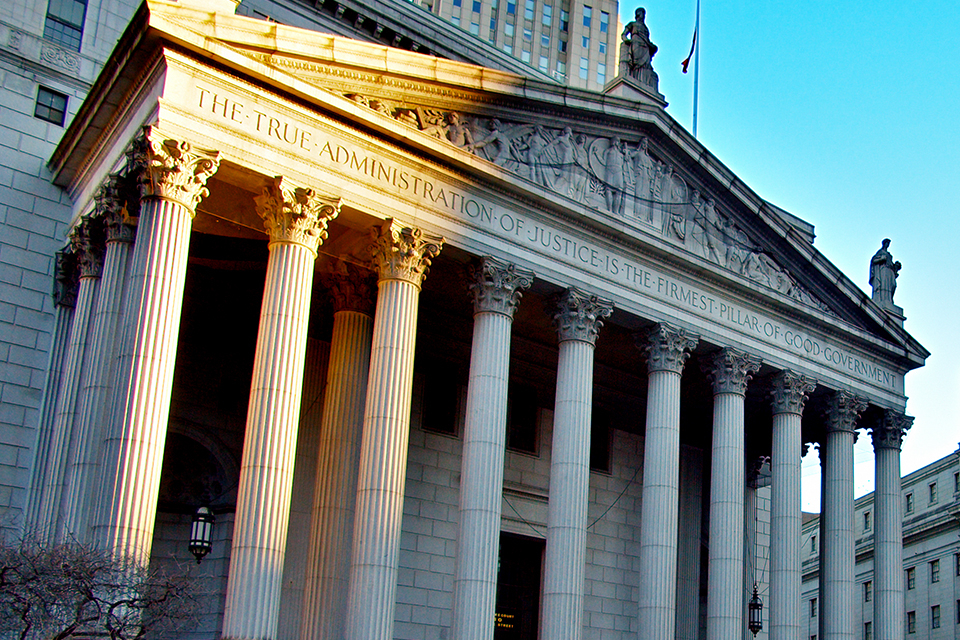
White & Case teams up with Jawun to support Australia's Indigenous communities
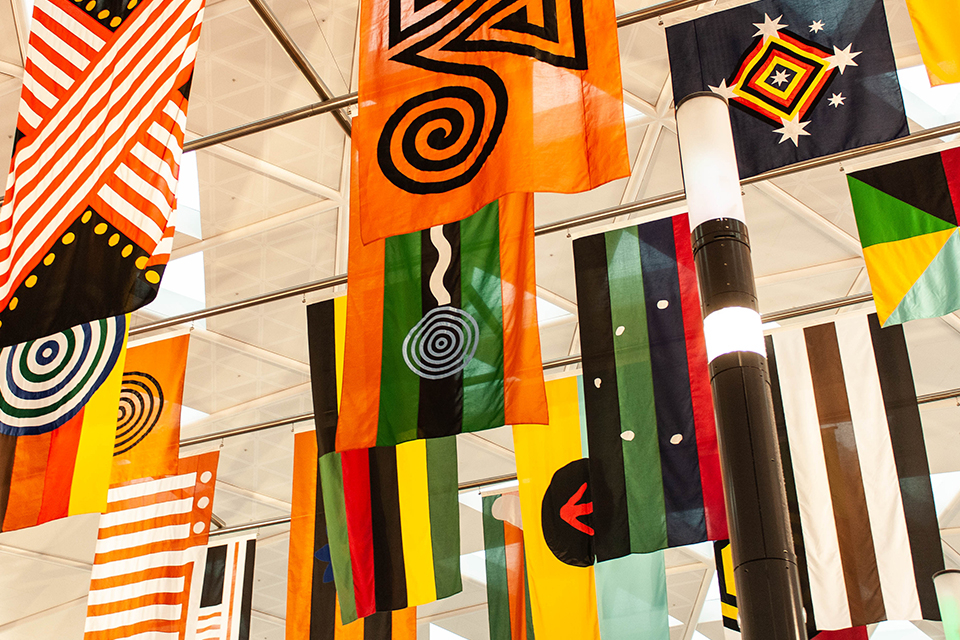
For more information about our commitment and activities, please visit our Global Citizenship web pages.
Photo by © Sinology / GettyImages
Sunset in a city park in China.
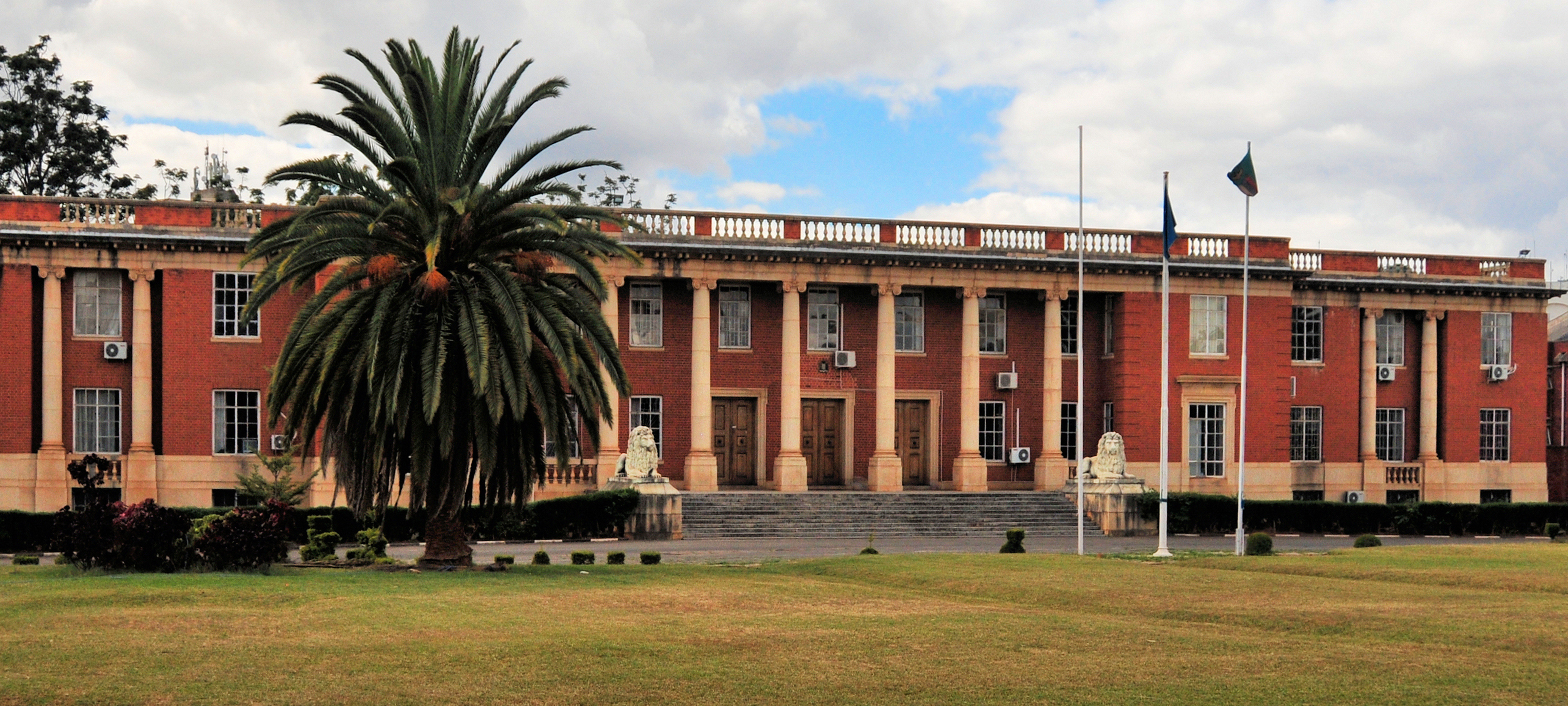
The competition opens doors and shapes careers for many law students around the world
Law students who have participated in the Philip C. Jessup International Law Moot Court Competition are well represented among the legal profession's global leaders. The experience can be transformative, as it was for Judge Florence Mumba, who received the White & Case Distinguished Jessup Alumni Award in April 2023.
Judge Mumba was a member of Zambia's first Jessup team in 1972. She is now one of three international judges who, along with four Cambodian judges, serve on the Supreme Court Chamber of the Extraordinary Chambers of the Courts of Cambodia. This hybrid court was established by the Cambodian government in conjunction with the United Nations to try senior members of the Khmer Rouge for alleged violations of international law during its reign from April 1975 to January 1979.
In 2021, White & Case, which has been a global partner of the Jessup since 2007 and a sponsor of the competition's White & Case International Rounds since 2010, established this annual award to honor Jessup alumni. The award recognizes visionary leaders who demonstrate a commitment to international cooperation, the rule of law and the legal profession. It is meant to inspire Jessup competitors to pursue professional excellence.
Judge Mumba, who became the first woman appointed as a High Court Judge in Zambia in 1980 and later was appointed to the country's Supreme Court, exemplifies the values the award celebrates. Her career highlights include representing Zambia at the Conference on Women in 1985 and the African Regional Conference on Women in 1994; participating, as a member of the UN Commission on the Status of Women, in drafting a resolution to the General Assembly to have rape included as a war crime in the jurisdiction of war crimes tribunals in 1992; and helping to draft the Protocol to the African Charter on Human and Peoples' Rights on the establishment of the African Court of Justice while serving on the International Commission of Jurists in 1995.
Among her many accomplishments, Judge Mumba says she found it particularly rewarding to preside over trials as a judge of the International Criminal Tribunal for the former Yugoslavia (ICTY). She was elected judge of the ICTY in 1997 and served as its Vice President from 1999 to 2001, then from 2003 to 2005 she served on the Appeals Chamber of the ICTY and International Criminal Tribunal for Rwanda.
For Judge Mumba, participating in the Jessup Competition as a law student was a critical step in a lifetime of legal learning. The experience broadened her horizons, opened doors and changed the way she viewed herself and her career options.
"It was a career highlight because I met different types of lawyers, both prosecuting counsel and defense counsel, and we interacted so well," she says. "Learning more about how other people study law, how they get admitted to their national bars and also dealing with the accused was a star experience for me."
Prior to the competition, Judge Mumba had little exposure to the activities of the International Court of Justice (ICJ). The ICJ is the only international court that resolves general disputes between countries. The Jessup inspired Judge Mumba to imagine and seriously consider the possibility of a career in international law.
Her Jessup experience also boosted her confidence in the courtroom and the classroom. "As a student, I was very intimidated by facing a judge," she says. But through Jessup she learned that she could have open discussions with judges, who were interested in helping her grow as a professional. "After the Jessup, it became much easier for me to approach judges—and my law professors."
As only the third woman to study law in Zambia, the Jessup Competition answered a question Judge Mumba says she often heard as she pursued her law degree: "Are women lawyers going to be able to compete or hold big jobs?" Jessup enabled her to answer this affirmatively at the international level.
The Jessup, the world's largest moot court competition, draws student teams from more than 600 law schools in approximately 100 countries and jurisdictions. The students present oral and written pleadings on issues related to international law as part of a hypothetical dispute between nations.
2023 marked the first time in four years that the international Jessup community of more than 1,000 students, coaches and volunteer judges gathered in person for the International Rounds. It was also the first time in its three-year history that the White & Case Distinguished Jessup Alumni Award was given in person. Past award recipients are Brad Smith, vice chair and president of Microsoft (2021), and Judge Hilary Charlesworth of the International Court of Justice (2022).
Photo by © Mtcurado / GettyImages
The Supreme Court of Zambia, in the country's capital of Lusaka.